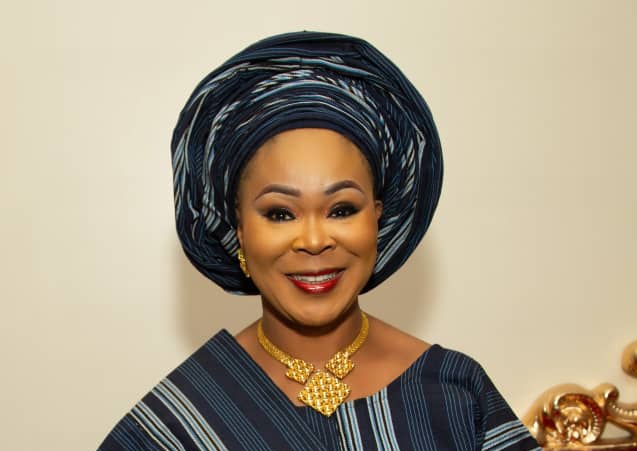By Asmau Ahmad
The Minister of Women Affairs, Barrister Uju Kennedy-Ohaneye, said the federal and state governments have agreed to implement poverty alleviation projects that would have a direct impact on women, girls and children at the grassroots.
The Minister, who said that the previous ways of doing things had not yielded any desired impacts, noted that the country needs to change the narrative by identifying what the real issues are.
Mrs Kennedy-Ohaneye said all empowerment interventions meant for poor Nigerian women and children, including those coming from donor organisations like the United Nations, the World Bank and other bodies, must be directed at the poor and vulnerable at the grassroots.
She noted that the top-to-bottom approach has failed to produce desired results, hence, the need for a bottom-to-top approach for all target interventions.
Speaking at a one-day Strategic Meeting with all States Commissioners of Women Affairs, in Abuja, the Minister said that the government is poised to find more efficient ways of reaching out and bettering the lives of rural dwellers, especially poor Nigerian women and children since the previous old ways have not yielded desired results.
“This is the time to refocus ourselves because we are making the mistake of not understanding who we are and what we need. Let us not live the way others are living not knowing where we are headed.
“The initial method we were using thinking that we were solving our problems was compounding our problems. Have we asked ourselves why previous methods are not working? We need to change the narrative and find out what the issues are,” she added.
According to the UN Women and ECOWAS Country Representative to Nigeria, Beatrice Eyong, the UN will partner with the Ministry and its vision of reinventing intervention to the grassroots through its technical support in partnership with the government of Canada.
She stated that the achievement of gender equality and protection of women’s rights is critical if Nigeria is to attain the Sustainable Development Goals targets by 2030.
According to her, “Gender equality means that women and men have equal opportunities, rights and responsibilities in all spheres of life. It means that women and men can equally contribute to and benefit from the development of our nation.
“Along this line, the Ministry of Women Affairs is a vital institution in society, working tirelessly to ensure that gender equality becomes a reality.”
More so, on behalf of the states’ Commissioners of Women Affairs, Dean of Commissioners, Dr Ini Adiakpan, said that the states are ready to partner with the Federal Government for the attainment of key targets and policies.
“We want the Ministry to continue to interface with us so that we can synchronise our practice with what the ministry does,” she added.
However, the Chief Child Protection Officer of the United Nations Children’s Fund, Ibrahim Sesay, said that the meeting is a defining moment for a unified effort to support the government in meeting the SDGs, especially goal number five.
“The Minister while at the UN General Assembly was championing the cause of women in Nigeria and for the entire continent. She was advancing important interventions among them which is women empowerment and not just by word of mouth. She also narrated the key contributions of the government under President Bola Tinubu,” he added.




